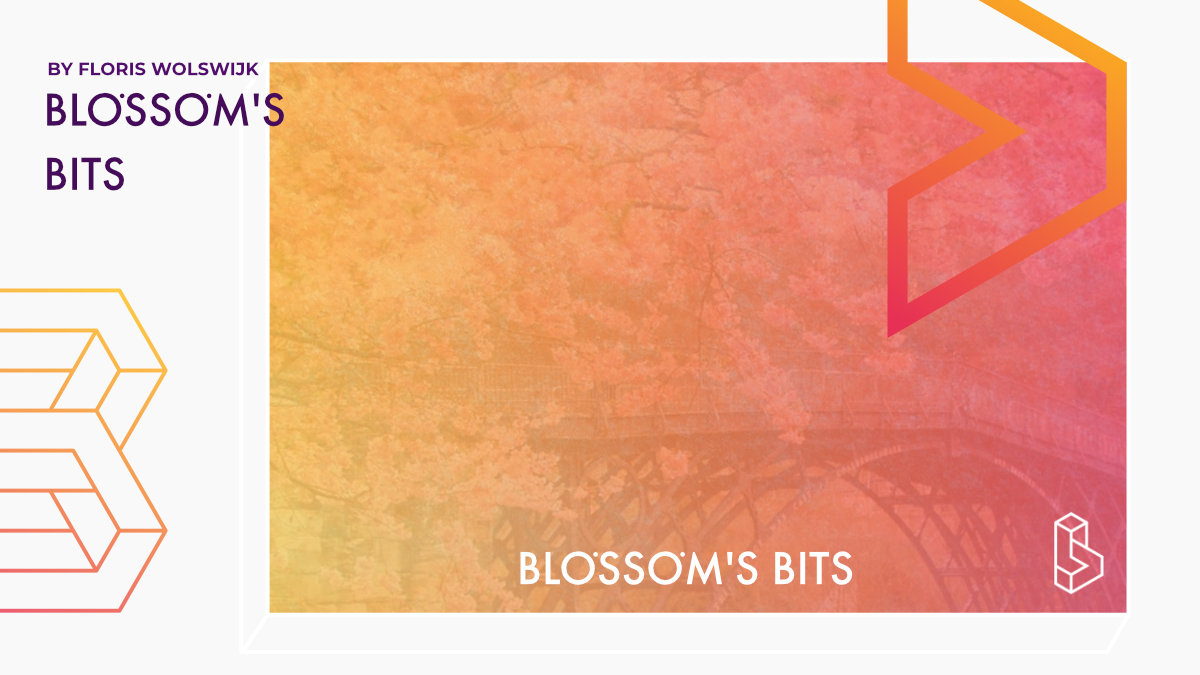Psychedelic plant medicine predates written history.
Now the rush to medicalise psychedelics is well underway – but the psychedelic community runs the risk of alienating the very communities that have stewarded psychedelic plant medicine.
Jesse Hudson is Chief Legal Officer at Woven Science and is spearheading their El Puente initiative to give back to these communities and preserve their cultural heritage.
I spoke to Jesse about why and how we should give back to these communities.
The importance of reciprocity
“While the psychedelic sector booms, many of these same communities with endemic psychedelic use, like the Shipibo-Conibo with ayahuasca, the Huichol with peyote, and the Bantou with iboga, live in poverty. That is an asymmetry and an injustice,” says Jesse.
Many in the field seem to have forgotten just how important the contributions of these communities are to psychedelic medicine.
Jesse believes: “Whatever your moral framework, religious or not, unless you are a neoliberal capitalist nihilist or something similar, your obligation is to help the oppressed.”
What is the best way to give back?
Members of the indigenous yagé (ayahuasca) advocacy organisation UMIYAC told Jesse when in an interview, “we cannot talk about reciprocity until we first talk about reparations” – El Puente is framing reciprocity just like that.
The El Puente model – direct impact grants and investments in projects owned and operated by indigenous peoples.
“I believe donations foster dependency while investment fosters independence and self-reliance,” says Jesse.
Jesse recommends other giving methods, including The Chacruna Institutes Indigenous Reciprocity Initiative & the Indigenous Medicines Conservation Fund.
Next-generation psychedelics & the patent debate
While acknowledging that next-generation psychedelics can alleviate environmental pressures, Jesse worries that “the increased adoption of synthetic derivatives leads to decreased interest in their natural counterparts, which can adversely impact indigenous communities.”
Much like champagne coming from a specific region in France, those at UMIYAC believe any ayahuasca grown outside of the Amazon is not ayahuasca.
In terms of patents, Jesse believes “companies developing psychedelics derived from plant medicines used by indigenous peoples, such as a synthetic form of mescaline, can patent them in ways that include reciprocity with the peoples from whence they came.”
The importance of reciprocity didn’t go unnoticed at the PSYCH Symposium earlier this week.
To find out more about giving back and the work of Woven Science, see the full interview with Jesse on Blossom’s website.
Become a psychedelic insider
Get a Pro Membership to enjoy these benefits & support Blossom📈 full reports on Topics & Compounds
🧵 full summary reviews of research papers
🚀 full access to new articles
See Memberships

